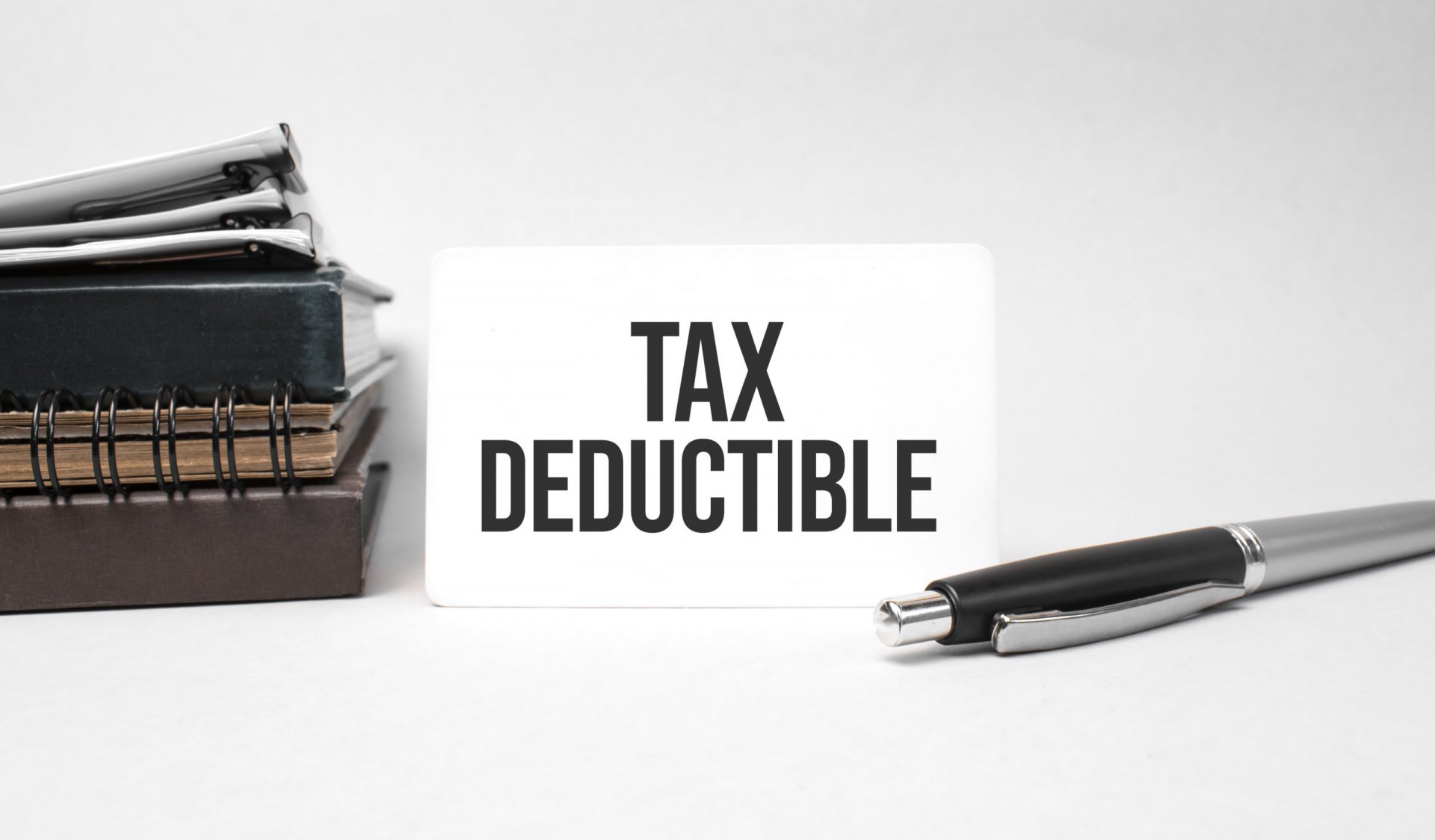
How much do the owners deduct?
As homeowners, if we decide to rent it, we will have a series of advantages. Among these benefits is the possibility of deducting various expenses of our rented home when making the income statement.
The income obtained from the rental of the home must be included in the owner's annual income statement. These income earned are considered real estate capital returns.
The list of expenses that the landlord can deduct is quite extensive, so you should look at them more as an opportunity to increase your savings or in the statement than as an economic loss.
Reduction on net income
Some expenses can be deducted from the economic income obtained by the owner from the rental of the house to determine the so-called net return.
Undoubtedly the most important thing is that if we rent our property as our tenant's habitual residence and the returns obtained are considered to be returned on real estate capital, we can apply a reduction of 60% on the aforementioned net return.
Deduction of mortgage interest
We can make a deduction on the interest on the mortgage, if we have it, of the house that is the object of the rental.
As we say, this reduction is made based on interest and expenses, for example, such as commissions for the early repayment of the mortgage, but not on the principal amount of the mortgage expense.
The IBI and other tax rates

Thanks to having our home for rent, we will be able to include non-state taxes and surcharges in our declaration as deductible expenses, as long as they are not punitive in nature.
Among this type of expenditure is the IBI (Property Tax) and other expenses pertaining to property and the cost of lighting, garbage collection costs charged us the town hall, cleaning fees, etc.
Amortization of real estate
As a landlord of a home, you can amortize real estate, 3% of the cadastral value, and personal property, in this case you can amortize up to 10% per year.
It is important to add the amortization of the rented property in the income statement not only because of the deductions that it will provide us, also because if you do not do so, the Treasury will take it into account and can penalize us when selling the house in question.
Individual supply expenses on behalf of the owner
It is always a good idea to have the expenses of supplies in the name of the landlord, in this way with each new tenant there will not be the task of continuously registering and canceling them.
In addition, if when renting your home you have the costs of supplies in your name, electricity, water, gas, internet, etc., you can take advantage of this to deduct them when making the income statement.
Repair and maintenance expenses carried out in the home
The reparations and maintenance costs of the building can also be deducted from income.
Any repair no matter how small (a pipe, the tank, the boiler, etc.) can help you save at the time of filing the return. You can also deduct the expenses derived from the conservation of the property, such as painting the house.
You have to be careful and stick to what the Treasury understands by repair, since the expenses that are caused are not deductible as they are not considered neither conservation nor repair. A concrete example of these expenses would be the realization of an extension of the house.
Defaults owed by the tenant
In case the tenant stops paying the rent. The owner will be able to deduct in his declaration of the rent the non-payments owed by the tenant.
In this way, while the tenant catches up with his defaults, you will have the right to deduct the amount owed as an expense, provided that the necessary requirements are met.
These requirements are that the debtor is in bankruptcy or that more than six months have passed between the claim for the first unpaid amount and December 31 of the year of the income statement.

Community fees
Community receipts are also deductible expenses for homeowners, as long as the property owner bears the expenses.
This is important, because maybe this way compensate us take care, as landlords, these expenses instead of charging them to the client by one covenant established in the contract of rental housing.
Trust your management and your property to professionals
All the procedures related to the rental of the home can involve a great effort and time and, of course, a great complication. For this reason, from Homewatch offers you our services so that you can disengage and dedicate yourself only to receive the benefits that the rent gives you.
Our team of professionals will provide you with support, legal advice and will take all the steps for you. Trust us and enjoy putting your home up for rent.